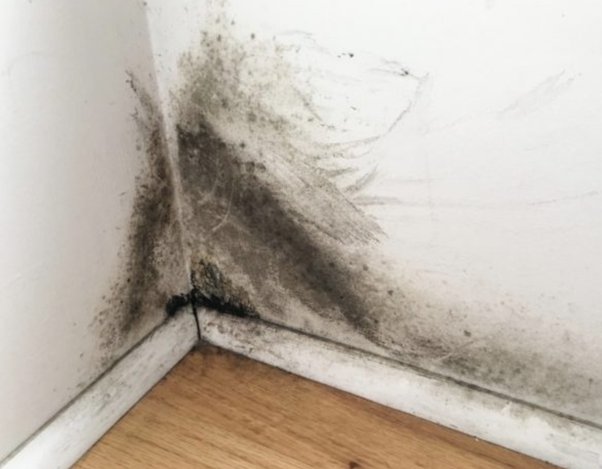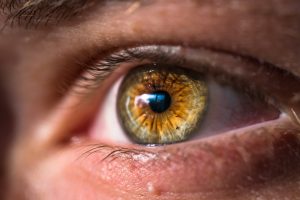Black mold, also known as Stachybotrys chartarum, can cause health problems in people who are allergic to it. While not everyone who is exposed to black mold will experience an allergic reaction, those who are sensitive may develop symptoms.
Symptoms of black mold allergy can include respiratory problems such as coughing, wheezing, and shortness of breath. Other symptoms may include itchy or watery eyes, runny nose, sneezing, and skin rashes or hives. In some cases, exposure to black mold can even cause more severe reactions such as fever and difficulty breathing.
If you suspect that you may be allergic to black mold, it is important to see a doctor or allergist. They can perform tests to determine if you are truly allergic and to what extent. Skin prick tests and blood tests are the most common ways to diagnose allergies. A skin prick test involves placing a small amount of allergen on the skin and then pricking it with a needle to see if a reaction occurs. Blood tests measure the levels of antibodies in the blood that are produced in response to allergens.
It is important to remove any black mold from your home to reduce exposure. This can be done by cleaning affected areas with a solution of bleach and water or by hiring a professional mold remediation service. It is important to wear protective gear, such as gloves and a mask, when cleaning or removing mold to avoid further exposure.
Preventing mold growth in the first place is the best way to avoid exposure. This can be done by keeping the humidity levels in your home below 50%, fixing any leaks or water damage promptly, and ensuring proper ventilation in areas prone to moisture, such as bathrooms and kitchens.
In conclusion, if you suspect that you may be allergic to black mold, it is important to see a doctor or allergist for proper diagnosis and treatment. Removing any mold from your home and taking steps to prevent its growth can also help reduce exposure and prevent allergic reactions.










